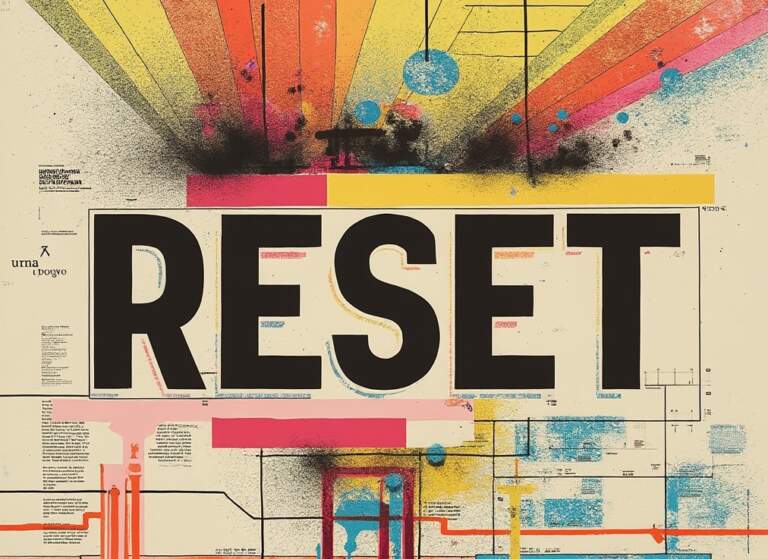In the fast-paced world of Web3, few companies have made as significant an impact as Yuga Labs. Founded in 2021 by Gordon Goner (Wylie Aronow), Gargamel (Greg Solano), Emperor Tomato Ketchup (Kerem Atalay), and No Sass (Zeshan Ali), this startup rapidly transformed from a modest NFT project into a multi-billion dollar powerhouse that’s reshaping digital ownership and entertainment.
The Birth of the Bored Apes
Yuga Labs’ journey began with the launch of the Bored Ape Yacht Club (BAYC) in April 2021. The collection of 10,000 unique NFTs, featuring disinterested-looking primates with randomly generated traits, was initially priced at 0.08 ETH (around $200 at the time). What seemed like just another NFT project quickly evolved into a cultural phenomenon, attracting celebrities, entrepreneurs, and digital art enthusiasts alike.
The success of BAYC wasn’t just about the artwork – it was about community and utility. Each Bored Ape NFT granted its owner access to exclusive events, merchandise, and additional NFT claims. This innovative approach to digital ownership created a blueprint for future NFT projects and established BAYC as more than just digital art.
Building an Ecosystem
Following BAYC’s success, Yuga Labs continued to expand its ecosystem:
- Mutant Ape Yacht Club (MAYC): Launched in August 2021, allowing BAYC holders to “mutate” their apes and create new NFTs
- Bored Ape Kennel Club (BAKC): A companion project offering digital dog NFTs to BAYC holders
- ApeCoin: The ecosystem’s governance token, launched in March 2022
- Otherside: An ambitious metaverse project announced in 2022, promising to connect various NFT communities
Strategic Acquisitions and Growth
In March 2022, Yuga Labs made headlines by acquiring the intellectual property of CryptoPunks and Meebits from Larva Labs. This strategic move brought two of the most historically significant NFT collections under Yuga’s umbrella, solidifying their position as leaders in the space.
The company’s rapid growth attracted significant investment, leading to a $450 million funding round led by Andreessen Horowitz in March 2022, valuing the company at $4 billion. This investment demonstrated traditional venture capital’s growing confidence in Web3 companies and their potential to shape the future of digital interaction.
Impact on Web3 Culture
Yuga Labs has fundamentally changed how we think about digital assets and communities. Their projects have:
- Pioneered the concept of NFT utility beyond simple ownership
- Created new models for community engagement and rewards
- Demonstrated the potential for NFTs to serve as digital identity and status symbols
- Shown how Web3 companies can bridge the gap between crypto natives and mainstream audiences
Challenges and Controversies
Like many rapidly growing companies in the Web3 space, Yuga Labs has faced its share of challenges. The company has dealt with:
- Market volatility affecting NFT valuations
- Questions about environmental impact
- Scaling issues during high-demand mints
- Regulatory scrutiny of their token offerings
Looking to the Future
Yuga Labs continues to push boundaries in the Web3 space. Their focus on building interoperable digital worlds through the Otherside metaverse project and their commitment to decentralization through ApeCoin DAO suggests a future where digital ownership and community governance play increasingly important roles in our online experiences.
The company’s success has demonstrated that Web3 isn’t just about speculation – it’s about building lasting communities and creating value through digital ownership and participation. As the space continues to evolve, Yuga Labs remains at the forefront of innovation, helping to shape the future of how we interact, play, and connect in digital spaces.
Whether you’re a crypto native or new to Web3, the Yuga Labs story represents a fascinating case study in how quickly innovative ideas can transform into global movements in the digital age. Their journey from a simple NFT collection to a multi-billion dollar company helps us understand the potential of Web3 technologies to reshape our digital future.









Leave a Comment